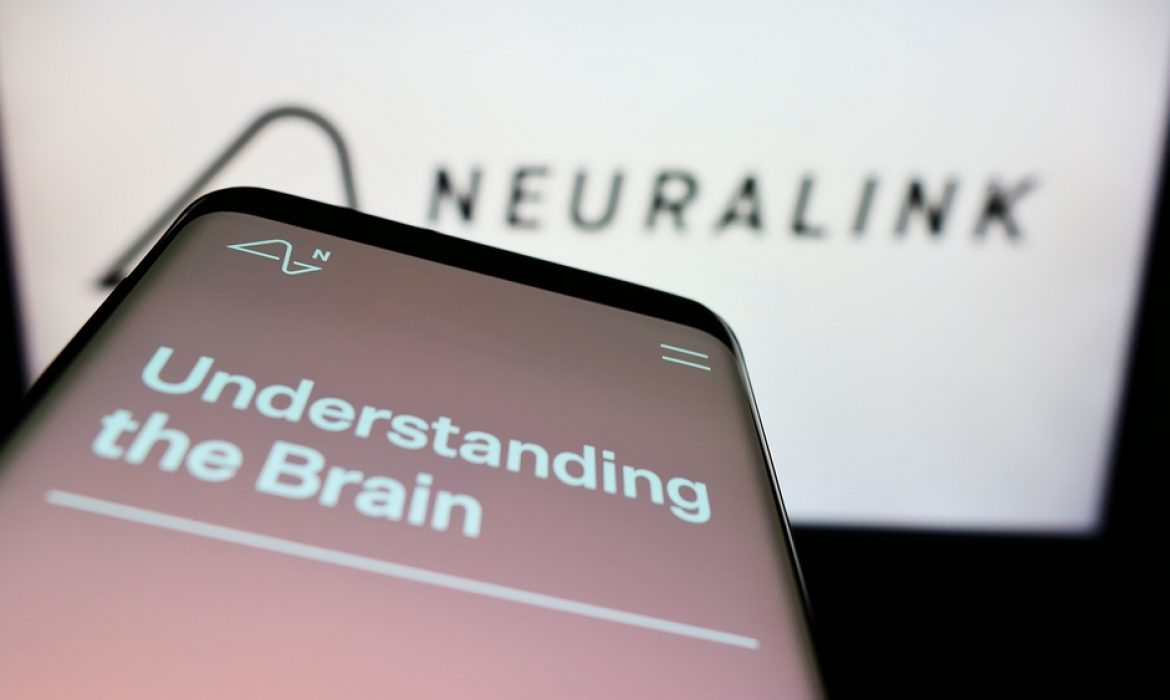Elon Musk’s Neuralink successfully implanted a brain chip into a human for the first time, as announced by the billionaire entrepreneur on his social media platform, X, on Monday. The surgery, performed on Sunday, has reportedly been followed by positive signs of recovery in the patient.
A Glimpse into the Neural Splicing Frontier
Elon Musk’s social media post revealed, “Initial results show promising detection of neuronal splices,” highlighting the early success of the implantation procedure. Neuronal spiking, characterized by the activity of neurons using electrical and chemical signals, has become a focal point in advancing the field of brain-computer interfaces (BCIs).
Neuralink’s Ambitious Telepathy Project
Neuralink’s founder shed light on the company’s first product named “Telepathy” in a separate post on the X website. Musk envisions Telepathy as a potential game-changer for individuals who have lost the use of their limbs. The ambitious goal is to empower users to control a computer cursor or keyboard through thought alone.
The PRIME Study: A Leap Towards Human Trials
The successful brain chip implantation is a culmination of Neuralink’s ongoing efforts, which include the PRIME study—a wireless brain-computer interface trial. This trial aims to evaluate both the safety of the implant and the surgical robot employed in the procedure. Neuralink’s overarching objective is to enable individuals to interact with computers seamlessly through advanced neural interfaces.
However, Neuralink did not immediately respond to Reuters’ request for additional details, leaving some aspects of the procedure shrouded in mystery.
Navigating Challenges and Controversy
Despite the recent achievement, Neuralink has not been without its fair share of challenges and controversies. The company faced calls to review its safety protocols, especially after being fined for violating U.S. Department of Transportation regulations concerning the transportation of hazardous materials.
In late November, four lawmakers urged the U.S. Securities and Exchange Commission to investigate whether Elon Musk misled investors about the safety of Neuralink’s technology. Concerns were raised following reports of issues with implants on monkeys, including paralysis, seizures, and brain swelling. Musk clarified on September 10 that “no monkeys have died as a result of Neuralink implantation,” emphasizing the company’s commitment to minimizing risks to healthy animals.
Regulatory Hurdles and Industry Landscape
Neuralink’s brain implants, though pioneering, must undergo rigorous regulatory approval before reaching the broader market. The FDA, in its 2021 document on brain-computer interface devices, acknowledged the rapid evolution of this field. Other companies, like Synchron, are also actively contributing to the advancements in neural interfaces.
While Neuralink and Elon Musk have captured significant attention for their brain-computer interface endeavors, the road ahead involves navigating regulatory processes and addressing concerns about safety and transparency. As the medical community keeps a close watch on these developments, the potential benefits for individuals with neurological disorders hold promise for the future, albeit with the acknowledgment that widespread availability of such technologies may take years to materialize.**
